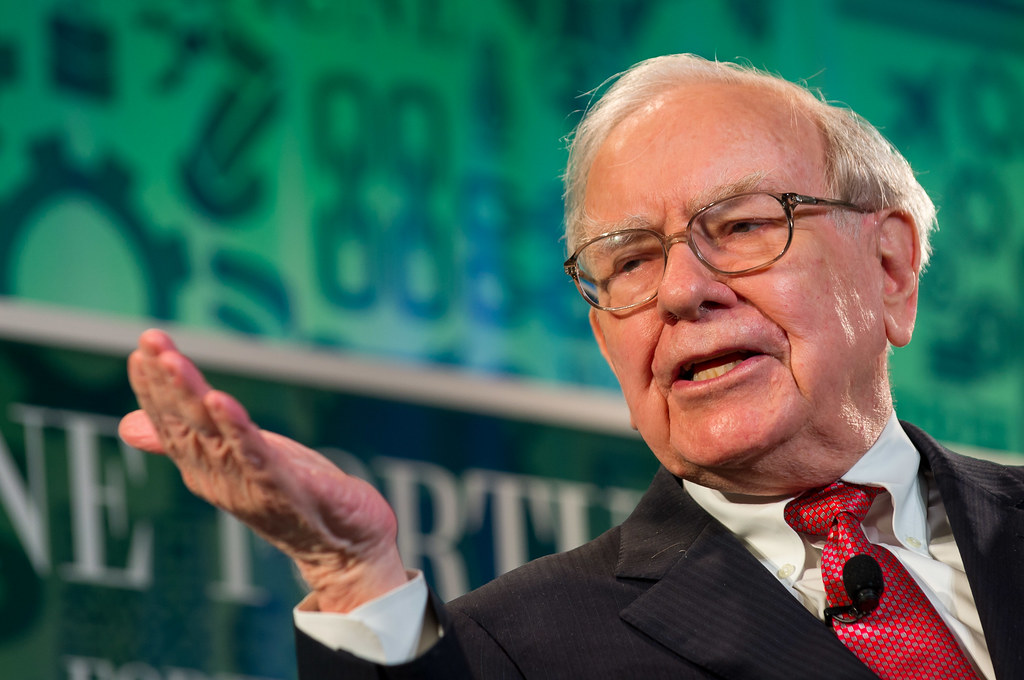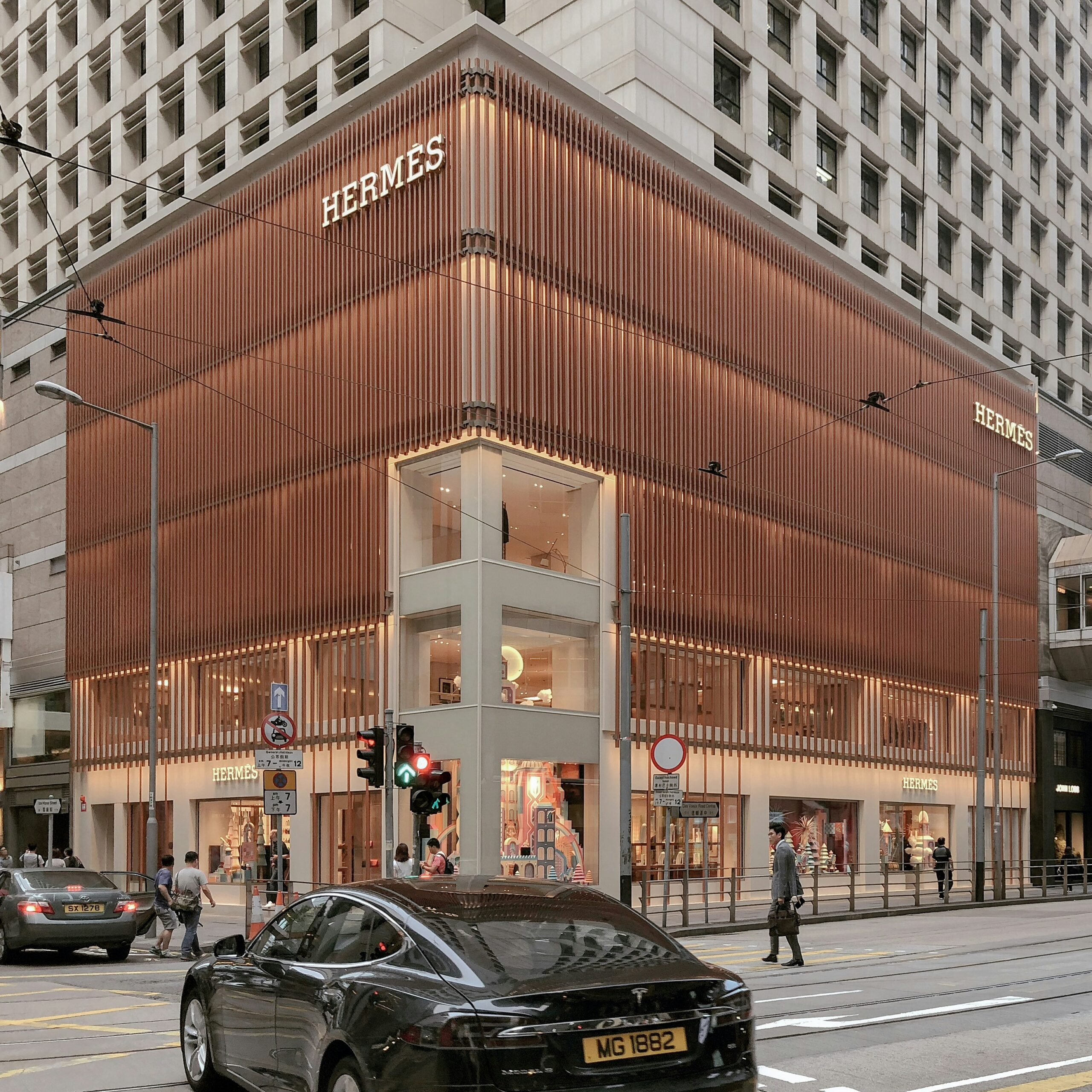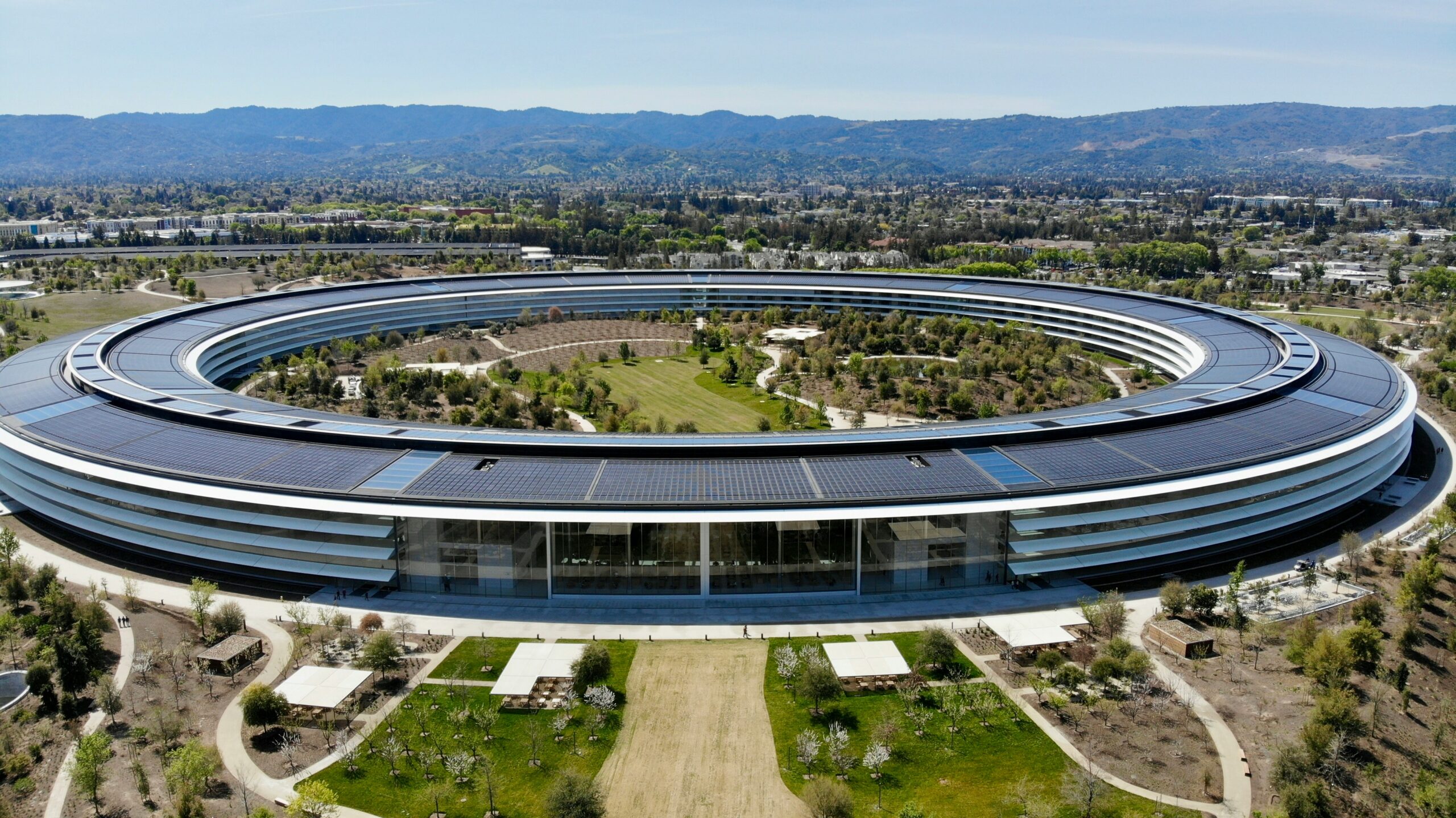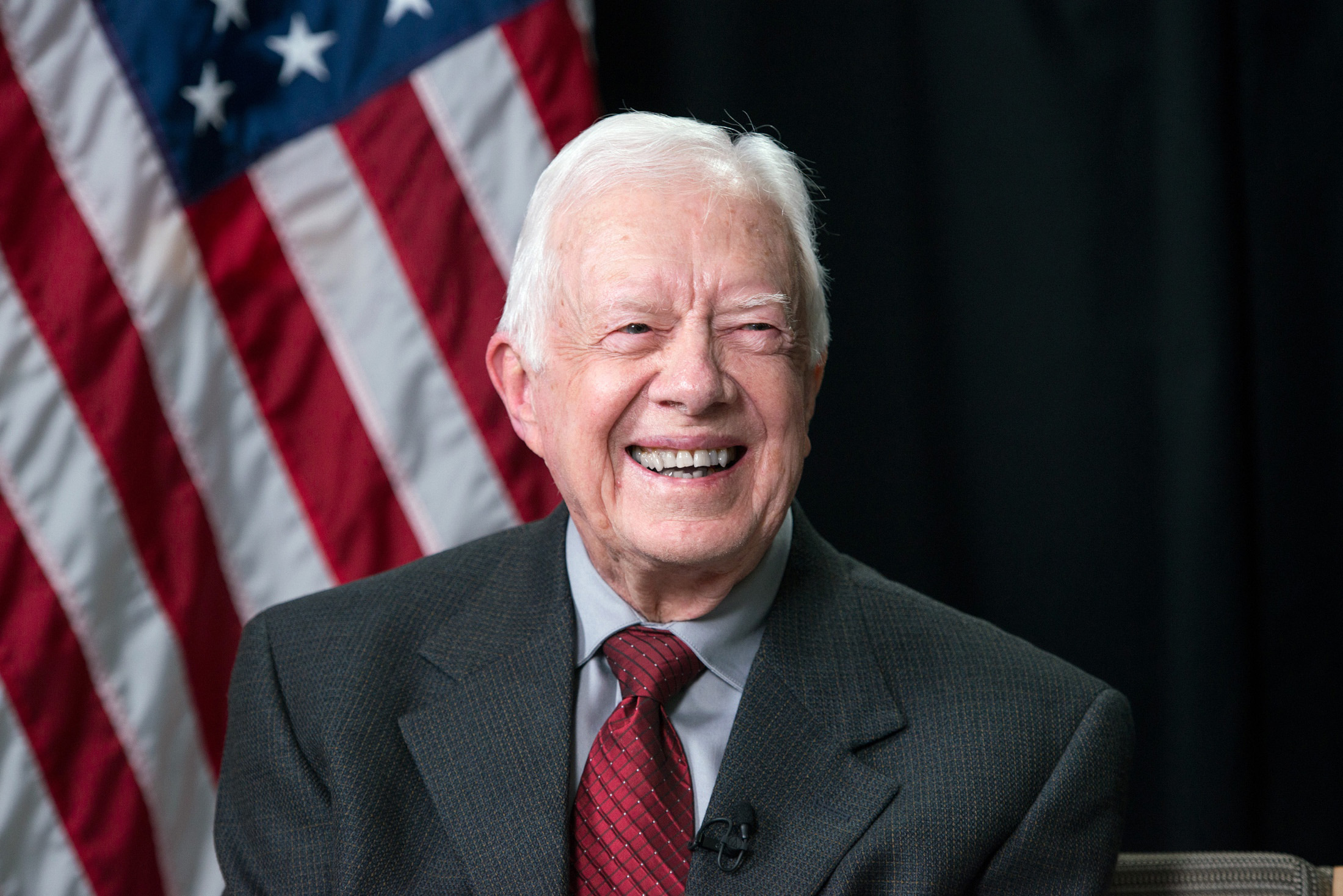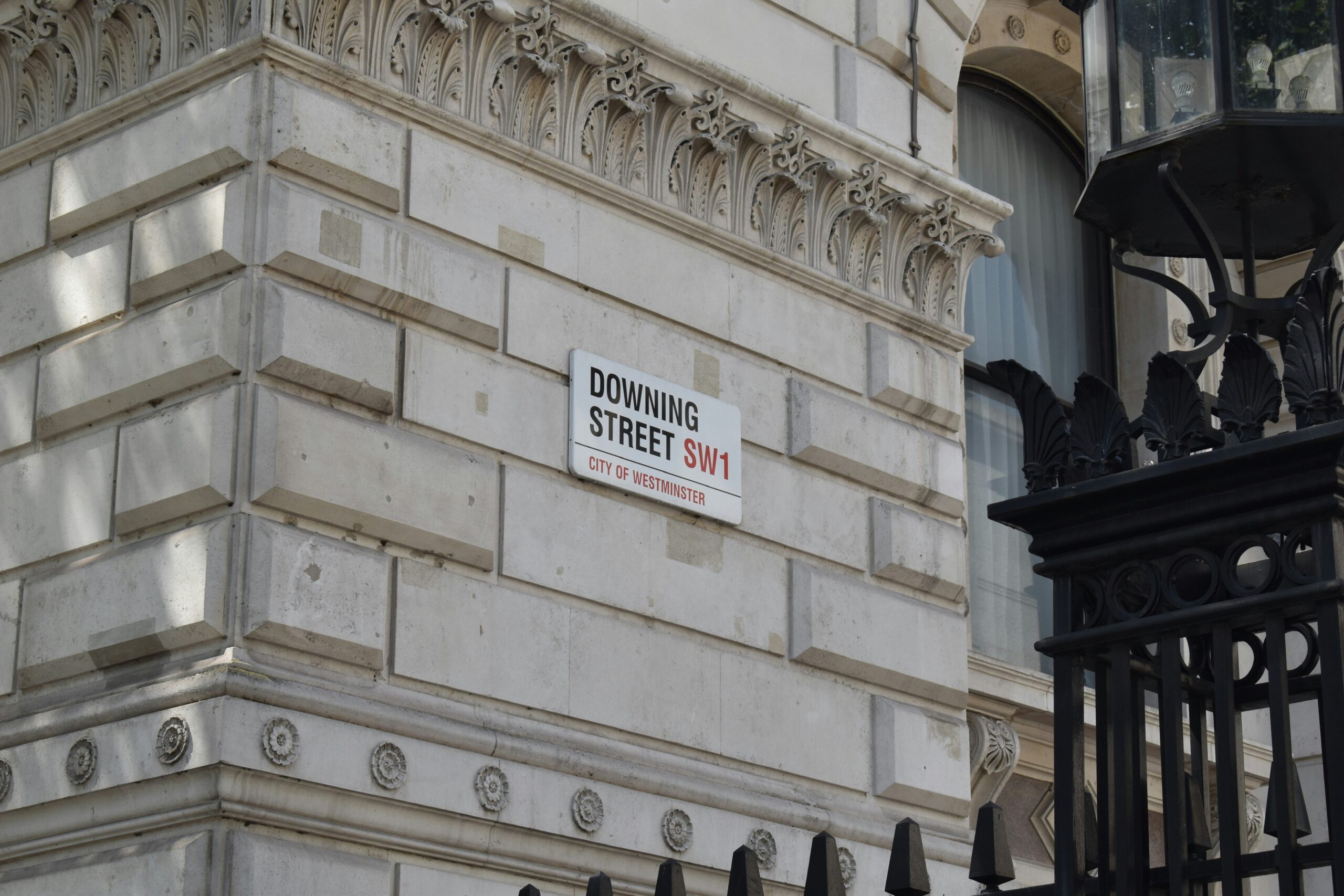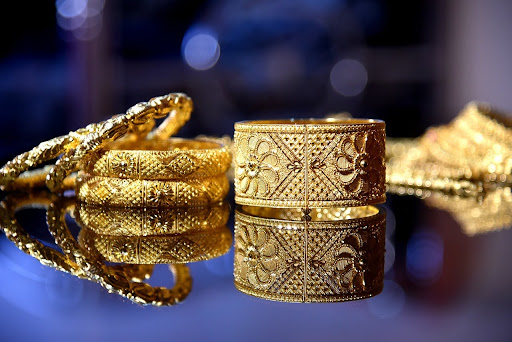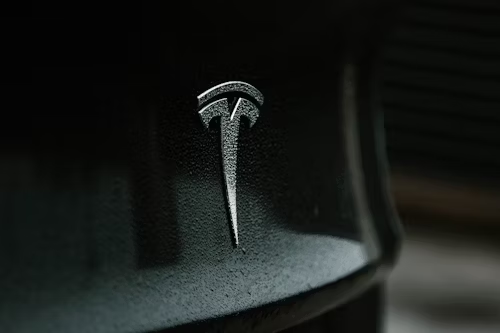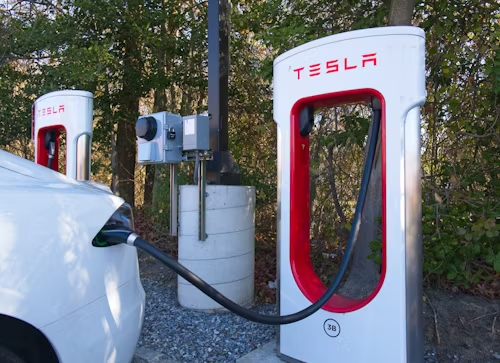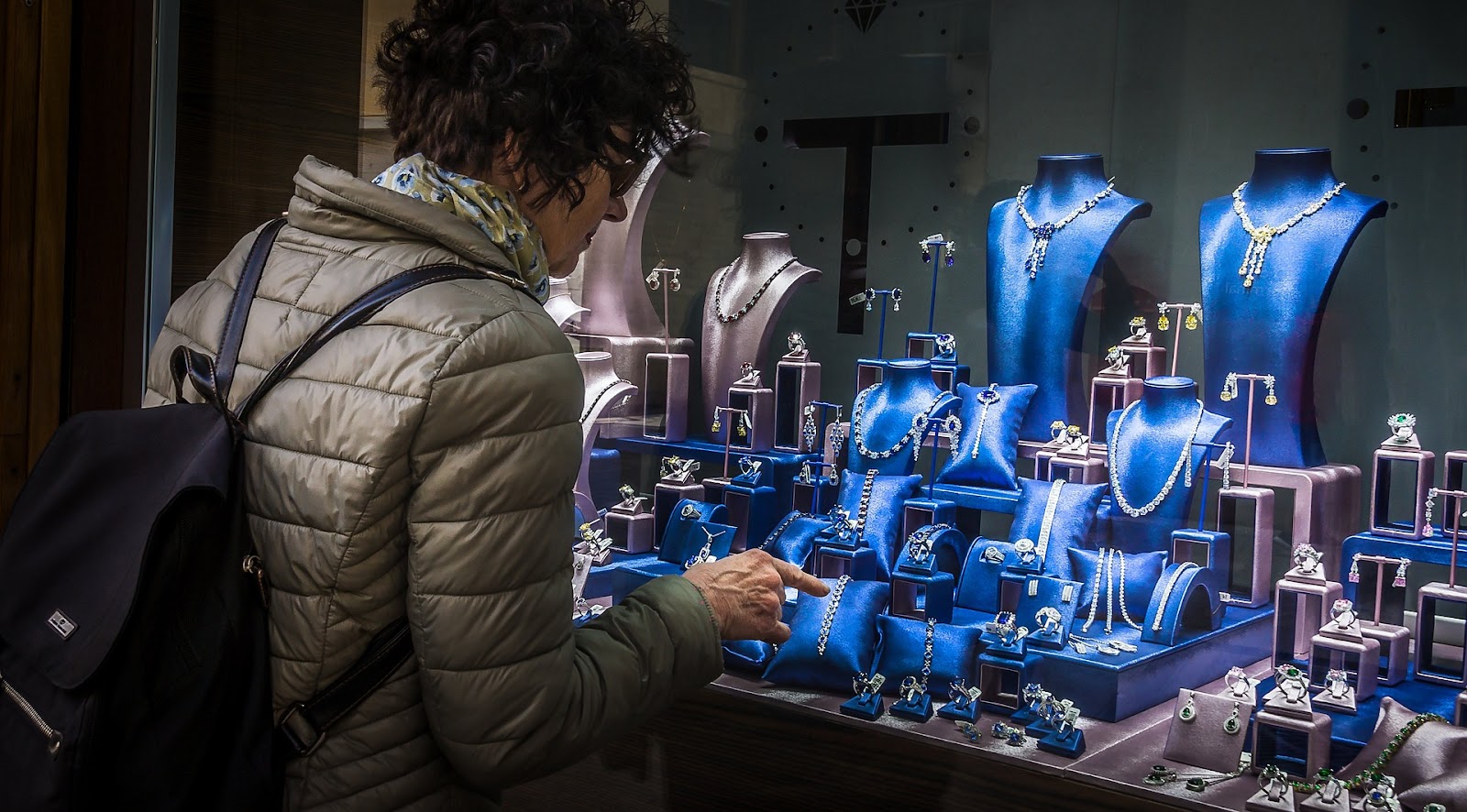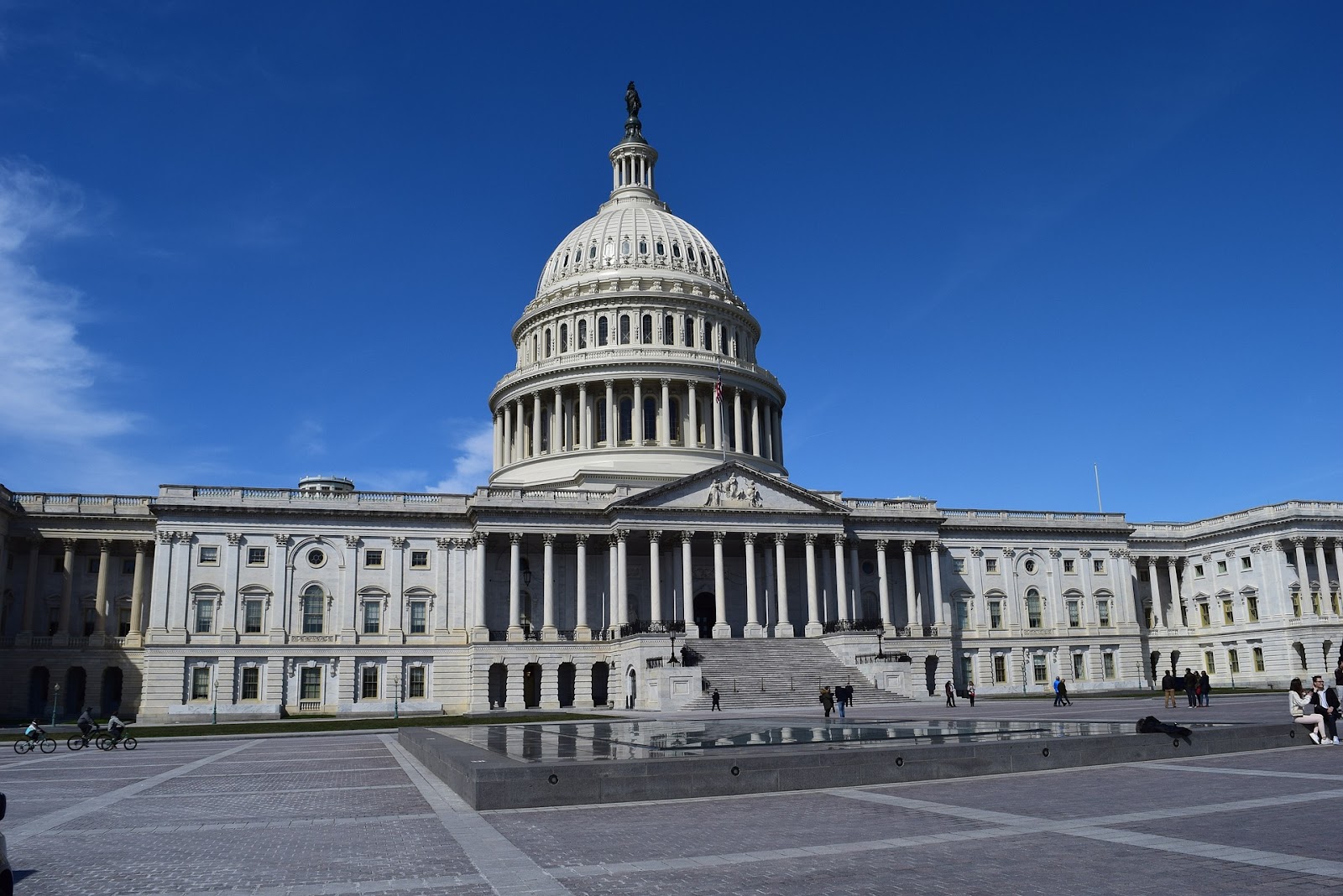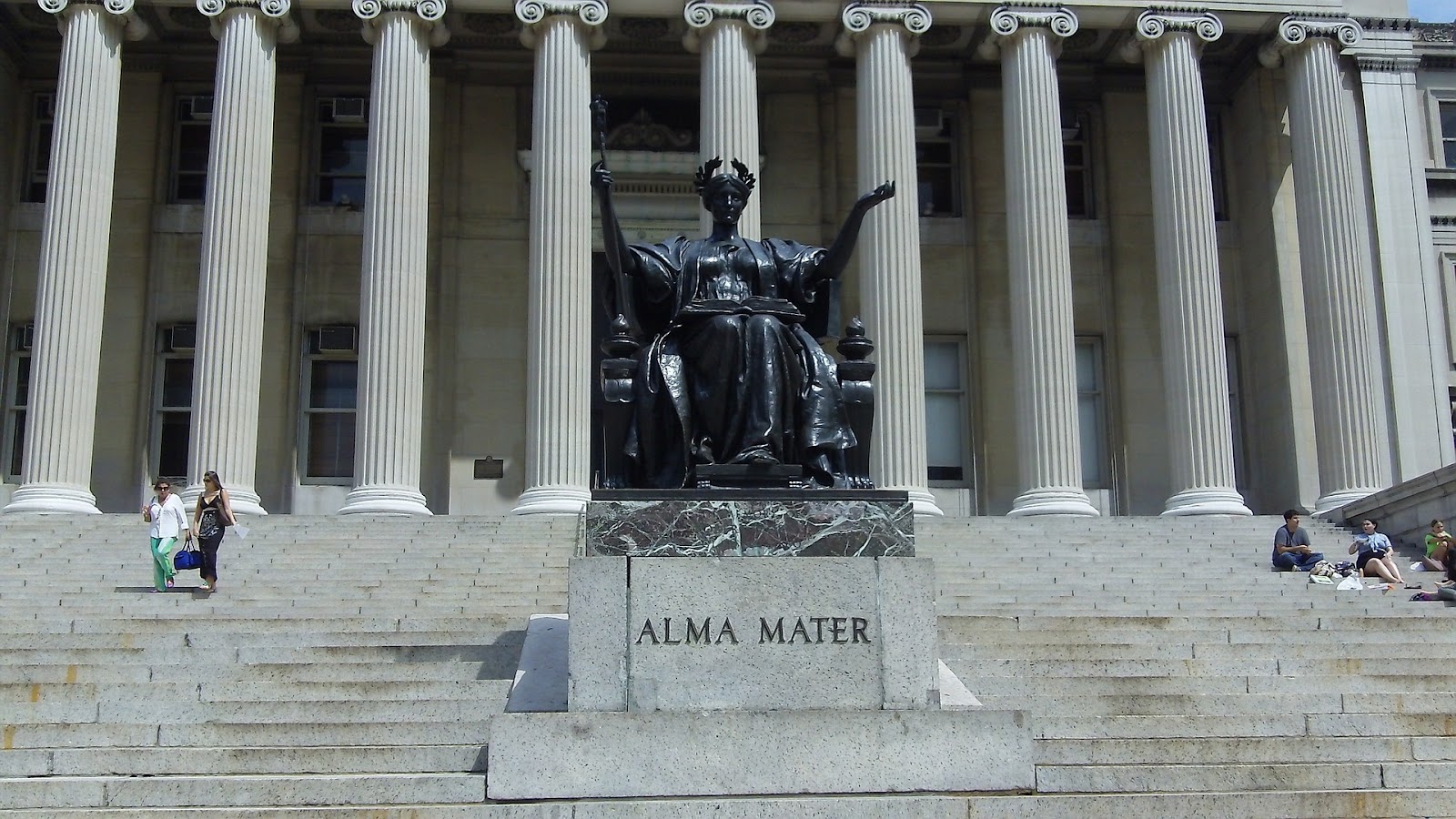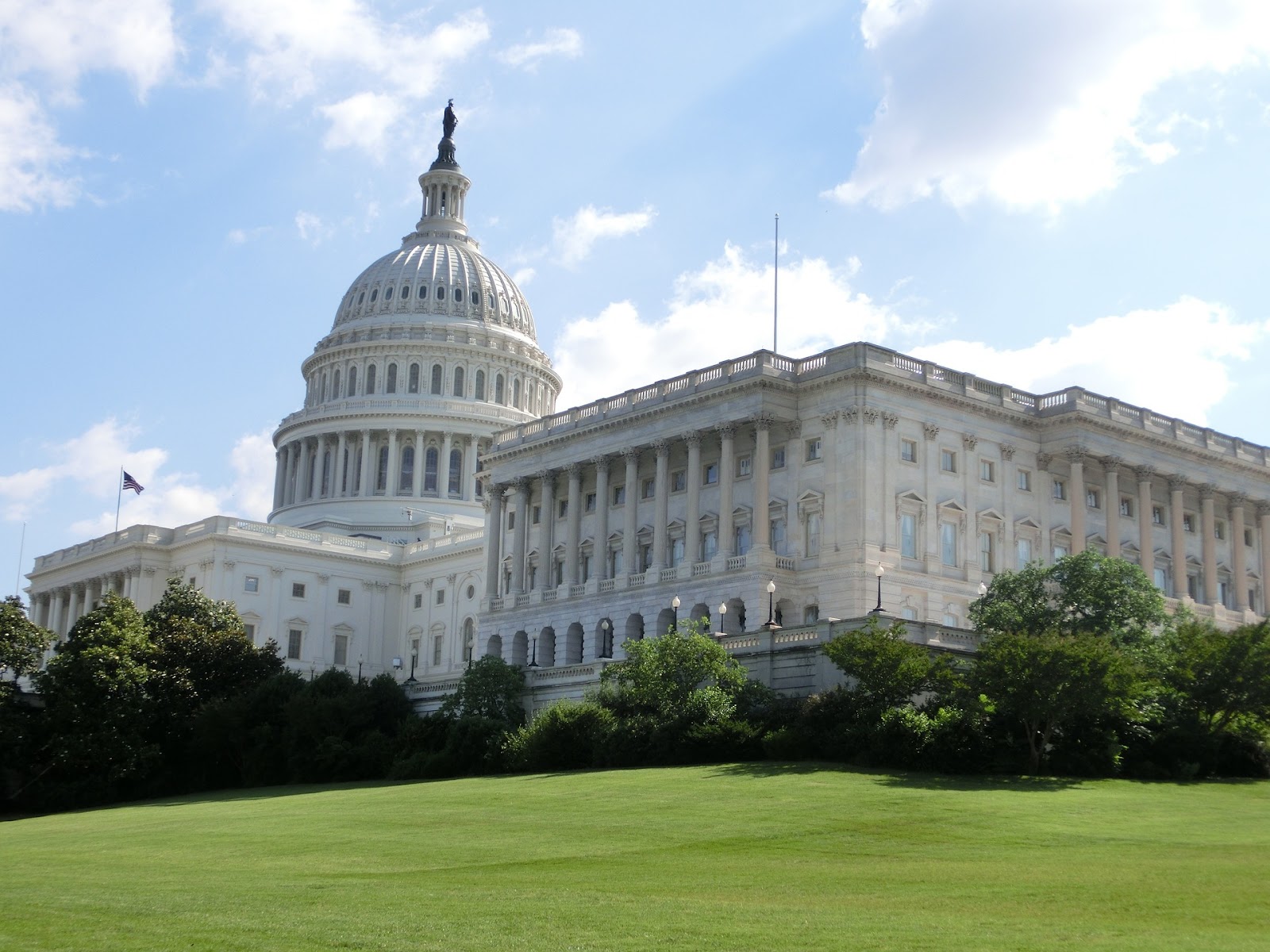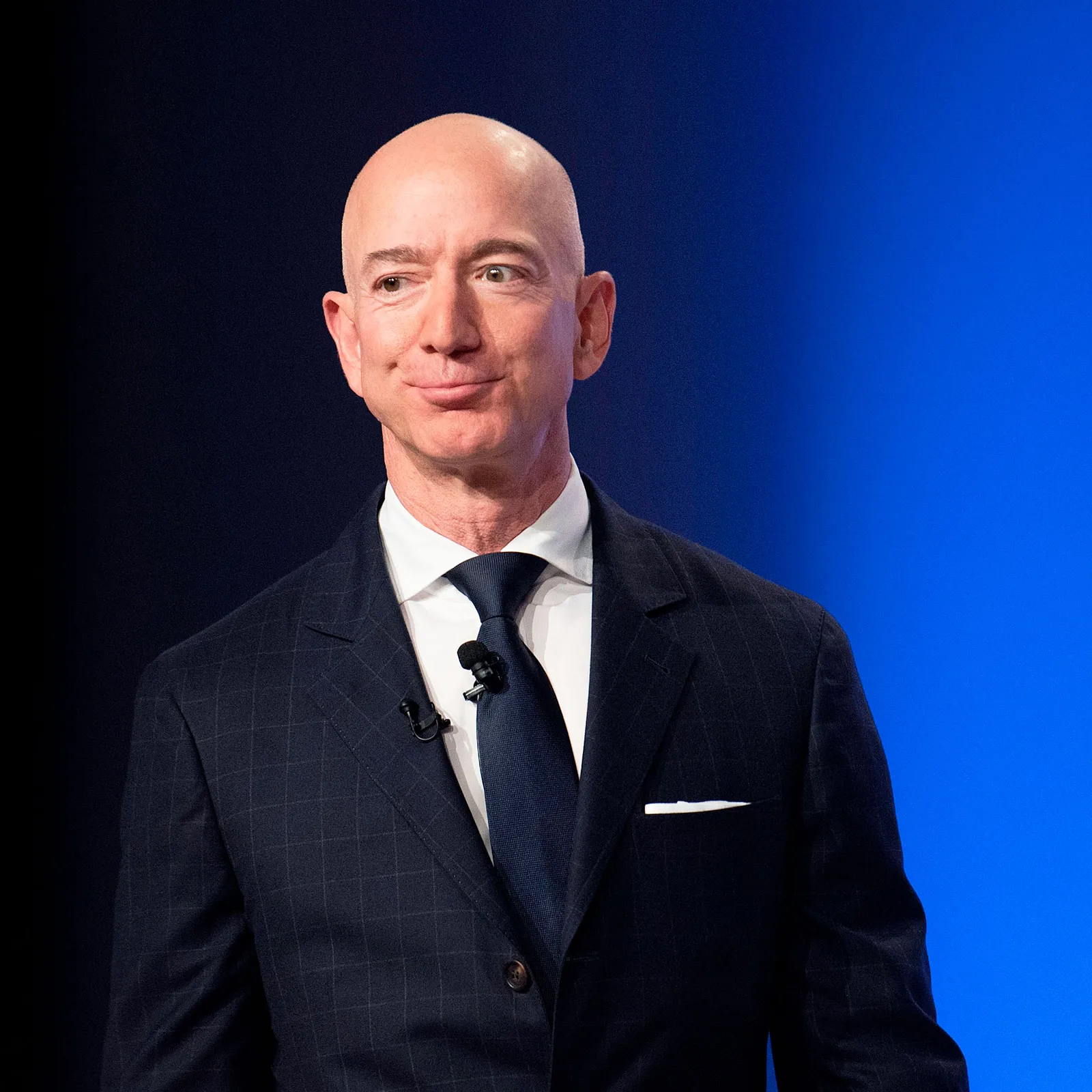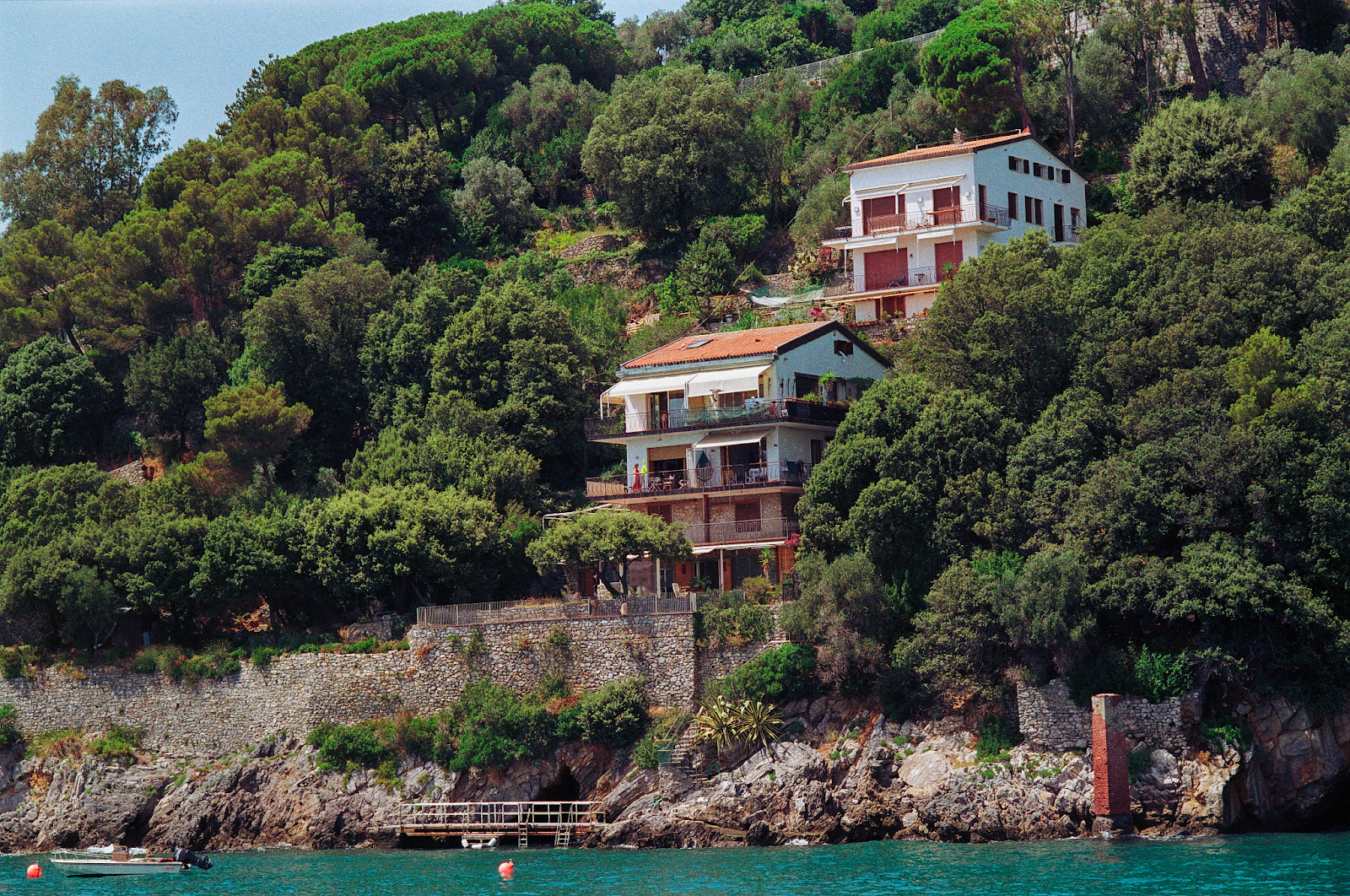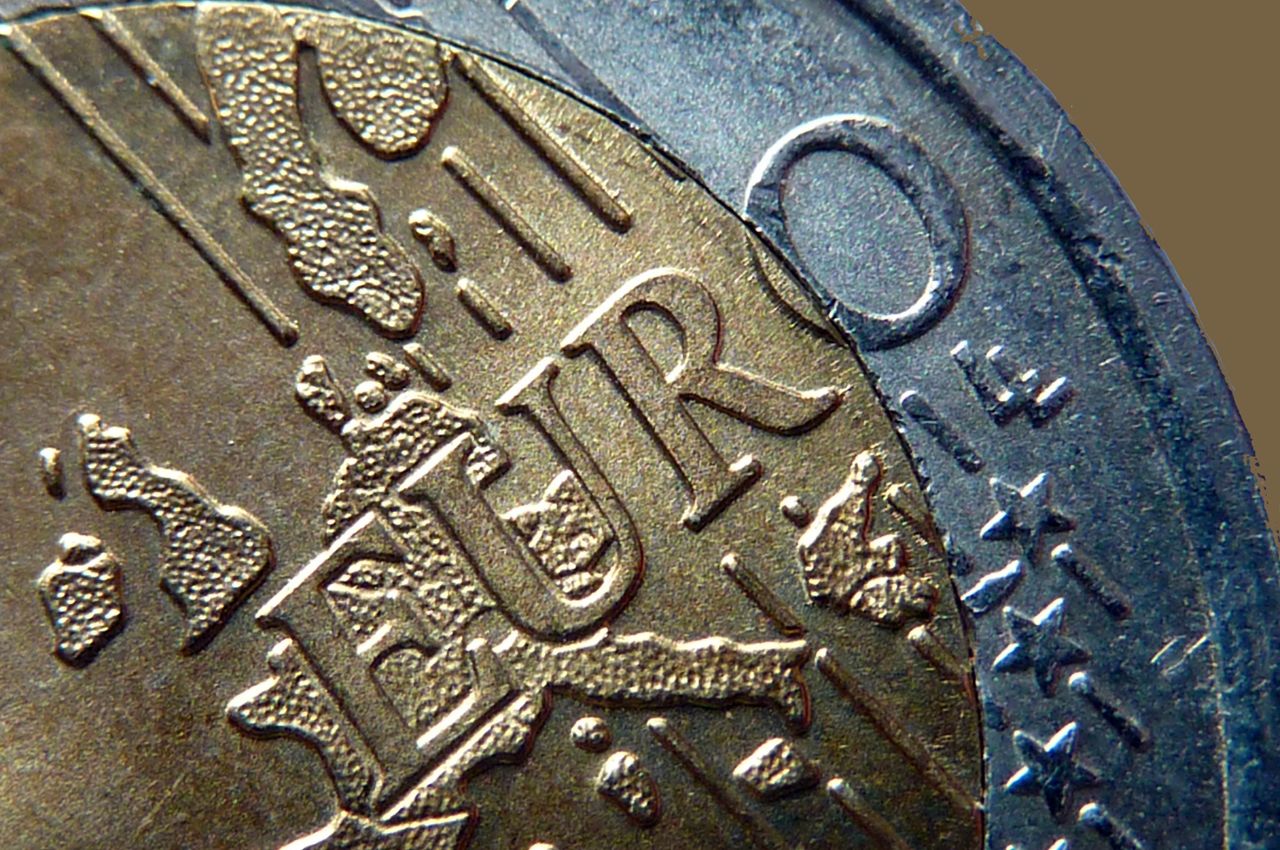This week, the unusual tall-canned water firm Liquid Death made a daring announcement about a major makeover of their “Armless Palmer” iced tea lemonades. A rival who wishes to remain anonymous has threatened legal action. Therefore, the corporation is changing the product’s name to “Dead Billionaire.”
Liquid Death stated on their Instagram page that a letter from a big company claiming ownership of the term “Palmer” for commercial purposes was the reason behind the decision to rename. According to Liquid Death, the company’s aim to avoid a potentially lengthy and expensive legal struggle with the unidentified competition is reflected in the new title, “Dead Billionaire.” The product is said to still be the same as the company continues to sell the popular iced tea lemonade under a new, purportedly more secure legal identity.
The famous “Arnold Palmer” cocktail, a traditional concoction of iced tea and lemonade, is the center of the debate. The mixture is said to have been made famous by golfer Arnold Palmer in the 1960s, but it wasn’t until 2002 that AriZona Beverages began offering it in 99-cent cans with Palmer’s official image and signature.
Founded in 2019, Liquid Death made an impression on the market with its distinctive marketing strategy for tall-canned water. However, The latest disagreement clarifies the complex legal issues related to using the name “Palmer” in regard to beverages. The corporation’s prompt rebranding of the goods on outlets such as Amazon to “Dead Billionaire” implies a deliberate attempt to steer clear of legal complications.

This development occurs in the context of a growing trend in which businesses get into public feuds, frequently attracting attention and sparking rumors about possible partnerships, which is especially significant in light of billionaires’ growing power over key social media platforms and high-profile roles in a variety of industries.
Although Liquid Death seems to be confident in the makeover, the public’s response has been uneven, particularly among Arnold Palmer enthusiasts. Some supporters emphasize the need for workable solutions while expressing sympathy for the company’s choice to forego a court battle. Others, however, object to the new moniker “Dead Billionaire,” especially in view of Arnold Palmer’s legacy.
When Palmer passed away in 2016, Forbes calculated his inflation-adjusted career earnings to be $1.3 billion. Even with his large wealth, Palmer was well known for his generosity and modest way of living. According to critics, the name change disrespects Palmer’s legacy and ignores his impact and charitable achievements.
Commenting on social media, sportscaster Jeff Eisenband offered his opinion, saying that “Arnold Palmer was one of the most humble and philanthropic star athletes ever.” Palmer’s estate, he stressed, is guarding the brand as AriZona Beverages sells their product for a mere 99 cents and has distribution rights. By the end, Eisenband said, “Not the flex Liquid Death thinks this is.”
Beyond his golf accomplishments, Palmer’s legacy includes a six-decade career that included 62 PGA Tour victories and the 2004 Presidential Medal of Freedom. His charitable endeavors, including founding a foundation devoted to protecting natural areas and promoting education, have added to his name’s long-lasting reverence.
Liquid Death’s choice to rename its iced tea lemonade “Dead Billionaire” in light of the public commentary illustrates a careful balancing act between popular perception and legal reasons. The dispute highlights the difficulties with branding, intellectual property, and the relationship between heritage and commerce.







